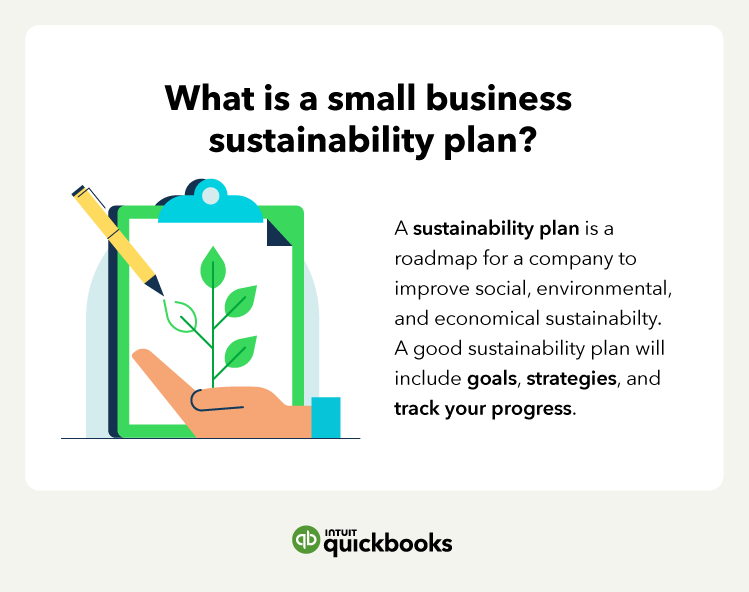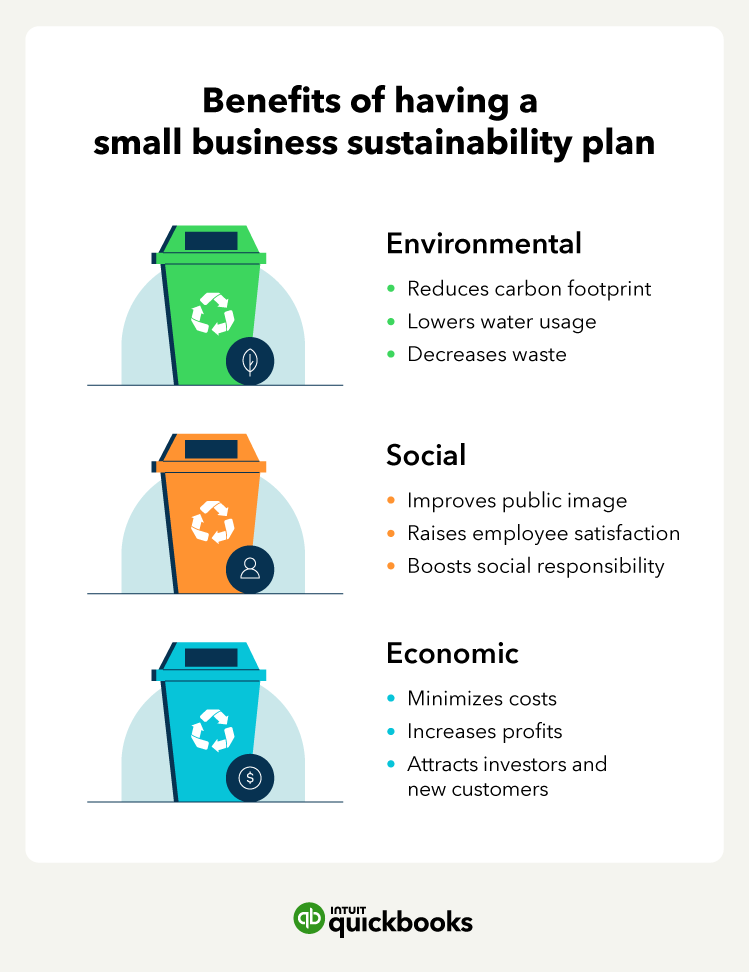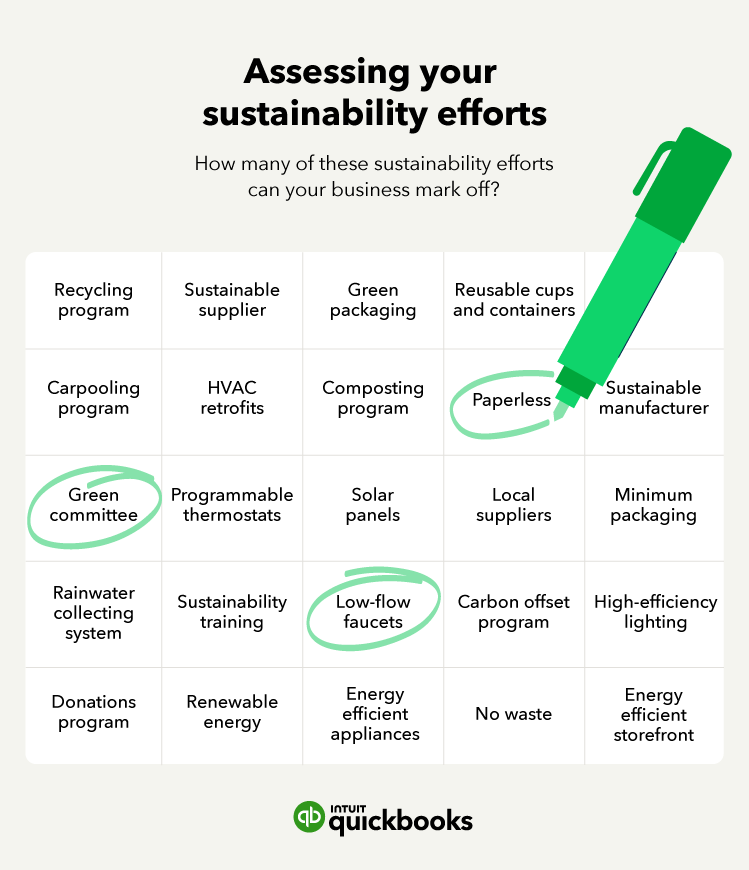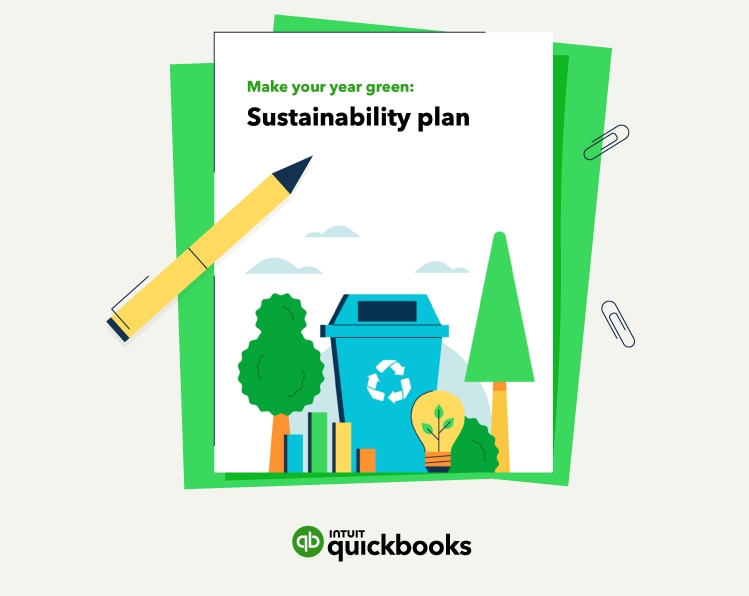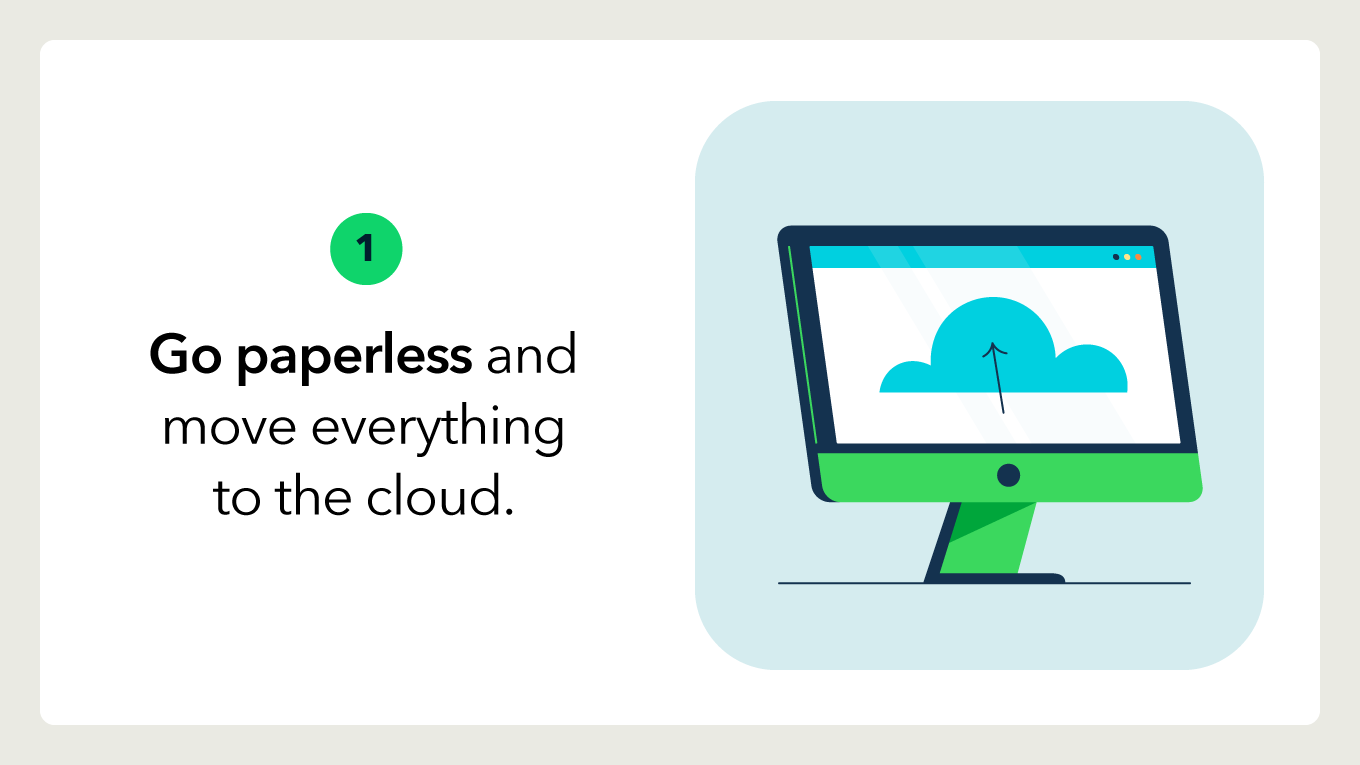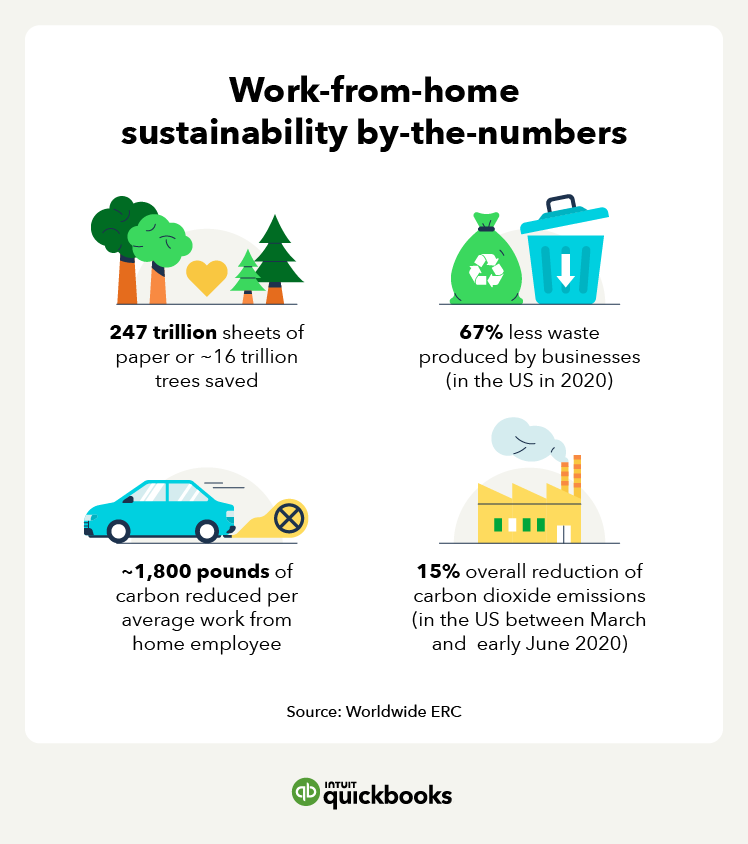You also have to look beyond how your employees get to work. Consider how supplies and materials arrive at your company, too. For example, look for greener transportation companies that use electric or hybrid trucks.
Host a sustainability training
Sustainability is a team effort, and as we've all heard, there's no "I" in “team.” You made the effort of learning about sustainability and how you can improve, so your team should have this knowledge as well.
Teach your employees about sustainability so they can all help make a bigger impact. You can host monthly training sessions on sustainability or consider a self-paced online course.
Decrease energy consumption
If your main goal is to reduce your carbon footprint, you should consider decreasing your energy consumption.
After conducting an energy audit, you may reduce your energy consumption by:
- Investing in energy-efficient lighting, like LEDs
- Installing programmable thermostats
- Upgrading to solar roofing
- Considering HVAC retrofits
- Purchasing energy-efficient appliances and equipment
- Making energy-efficient upgrades to your storefront
These upgrades can have a higher cost upfront, will help your business become more sustainable, and reduce your energy bills. A greener business means more green in your pocket.
Consider green packaging
From recycled to-go boxes to reusable straws—green packaging is here to stay.
Many businesses and customers value green packaging, so invest in sustainable packaging for your products. Some great options include:
- Recycled cardboard and packing paper
- Biodegradable air pillows and packing peanuts
- Corrugated bubble wrap
- Cornstarch and seaweed packaging
Consider how your supply chain strategy affects the environment and develop greener products. For example, you can cut down on the amount of plastic in your products.
You also want your employees to do their part. Encourage them to use reusable cups and containers, or provide recycled utensils for the office space.
Join a carbon offset program
If you don't have a lot of time and resources to invest in a sustainable business plan, consider joining a carbon offset program.
Many businesses, no matter how small, require carbon emissions to run. A carbon offset is a way of balancing—or "canceling"—your emissions by investing in projects that help reduce carbon emissions.
Joining a carbon offset program helps you counteract your negative climate impact by purchasing carbon credits that help address climate change.
Small business, big impact
You don’t need a large budget to make a big impact. With a small business sustainability plan you can start making a change, even if one step at a time. Set up a recycling program, decrease your energy consumption, or go digital using advanced online accounting software—it doesn’t matter where you start, the planet will thank you.











